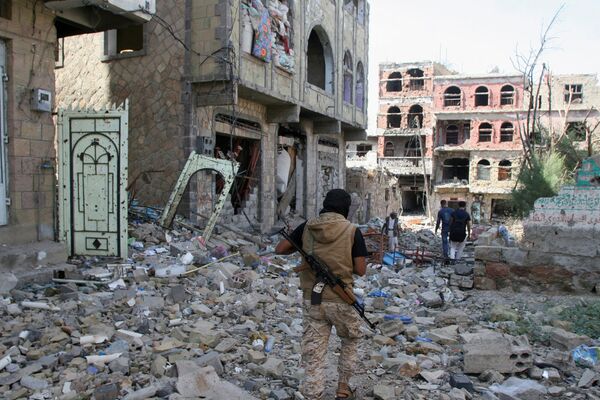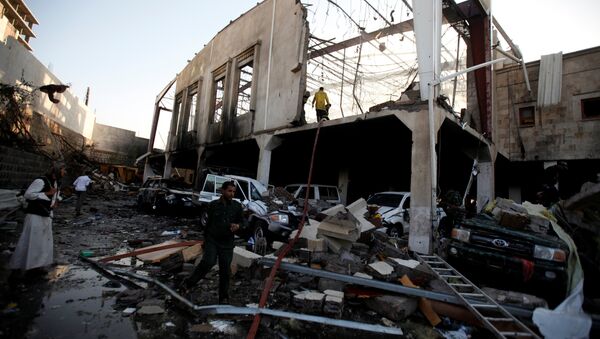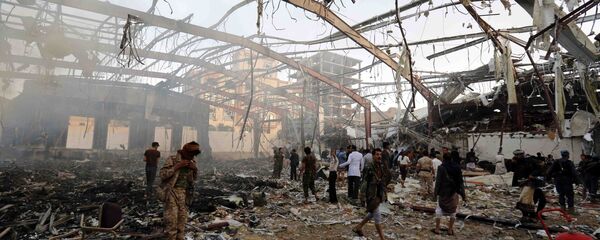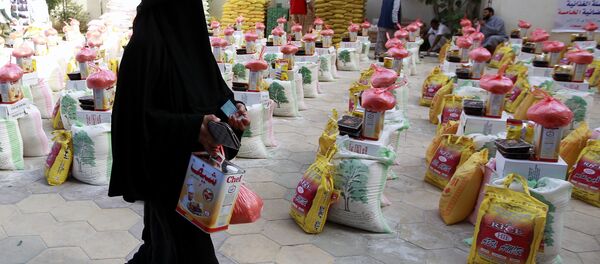The interview came amid reports that the United States is halting arms sales to Saudi Arabia in response to civilian casualties in the Kingdom’s airstrikes on Yemen.
Last week, the Obama administration expressed concerns over "flaws" in Saudi air strikes in Yemen that had often lead to civilian deaths.
In October, more than 140 people were killed in a strike on a funeral in the country. The Saudi-led coalition supporting Yemen's government against the opposition Houthis was reportedly responsible for the devastating attack.

Following the incident, the White House warned Saudi Arabia that US security co-operation was "not a blank check." Now, precision-guided weapons will no longer be delivered to Saudi Arabia, according to an unnamed Pentagon official who was quoted by the BBC.
But while some sales are being reportedly scaled back, the US said it will continue to provide Saudi Arabia with intelligence focused on border security. It will also provide training for pilots involved in the Saudi-led air campaign, to prevent civilian casualties wherever possible, the official added.
Commenting on the matter, Andrew Smith said that the United States' decision to cut arms sales to Saudi Arabia is "politically significant" but that it will not add to a shift in Washington's arms sales policy on Saudi Arabia.
Much will depend on US President-elect Donald Trump's position on the matter, and his entering office may "definitely change" the "situation for the better,” according to Smith.
In any case, Washington halting arms sales to Saudi Arabia will not result in significant changes in its foreign policy on this country," he reiterated.
Last month, UN humanitarian coordinator Stephen O'Brien told UN Security Council Meeting that Yemen was "one step away from famine."
Have you heard the news? Sign up to our Telegram channel and we'll keep you up to speed!




